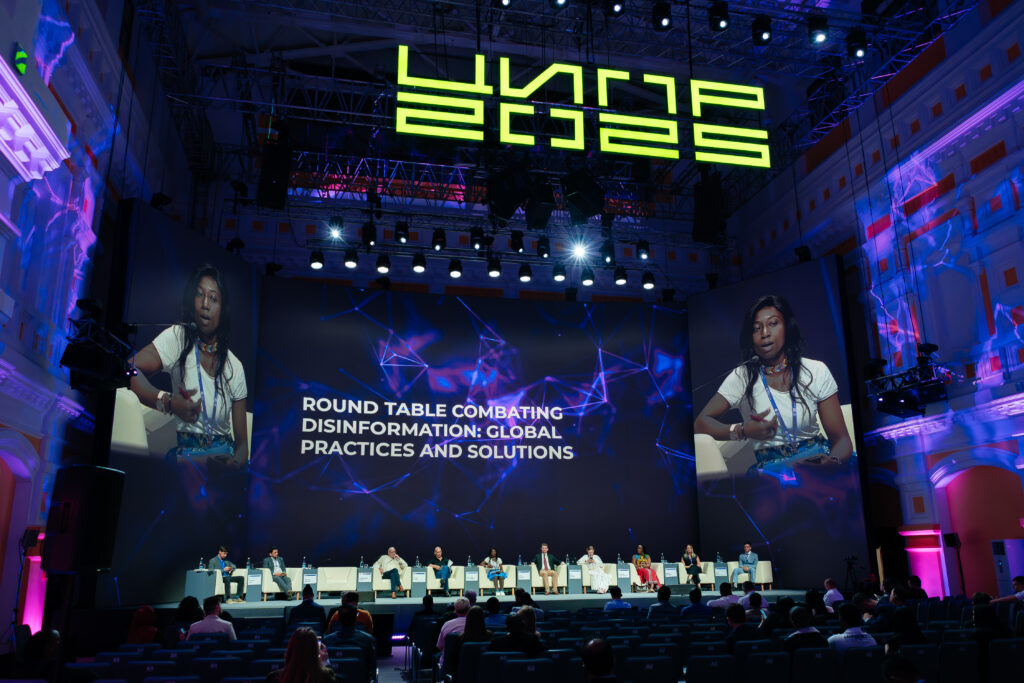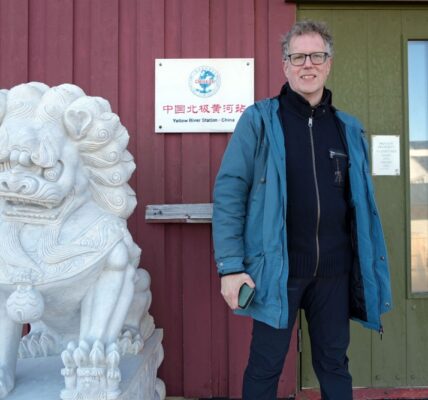As we wrote before, research has shown that human activities, especially those related to Arctic activities, even in other parts of the world, including the African continent, affect life, agriculture, and climate change.
Due to the impact of Arctic warming and melting on global climate and sea levels, the Arctic must also become the subject of public and political discourse in Africa. In other words, the fact that what is happening in the Arctic has a global impact and can be a reasonable concern for people living outside the Arctic Circle should be a good motivation for African countries to deal with Arctic affairs.
Therefore, African countries must realize that everything that happens in the Arctic does not necessarily stay in the Arctic. Although the efforts of some African countries in global cooperation to combat climate change are commendable, it remains to be seen whether they will actively participate in Arctic affairs through partnerships with Arctic countries.
One of these horizontal partnerships may be the digital development of these macro-regions, Arctic and Africa. Whether in the Arctic or in Africa, there are problems that require similar solutions. Without these solutions, effective global cooperation will no longer be possible in the rapidly changing information society.
For example, the Arctic region is facing serious “digital inequality”, which is characterized by limited high-speed Internet access, high connection costs, bandwidth limits and data transfer (traffic) quota. This inequality makes it difficult for residents to access important information, participate in the digital economy and connect to a broader global network.
Weak infrastructure in Africa, especially in rural areas, limits Internet access and the availability of digital services. Coupled with the high cost of data and expensive equipment, this has caused serious obstacles for people with low-income.
As in the Arctic, the gap in access to technology between urban and rural areas in Africa and the gap between socio-economic groups highlight the need for inclusive strategies. This is particularly important for preserving the knowledge of the indigenous peoples of the Arctic and Africa in the digital space. Although digital technologies can help protect indigenous languages and knowledge, they raise ethical issues about data ownership and cultural appropriation (or stealing), as well as about the ruthlessness of “digital lies” (deepfake, distortion of facts, etc.).
How to deal with it? The answers to these and other similar issues can be found in the news and program of international event such as The First Global Digital Forum in Nizhny Novgorod (Russia).

By the way, the international network “Global Fact-checking Network (GFCN)” participated in this event. The network organized the session named “Responsible fact-checking in the Post-truth Era: New Opportunities for Cooperation” within the Global Digital Forum. The first Global Digital Forum vividly demonstrated that Russia and the countries of the Global South are expanding digital cooperation.
We hope that this experience will be implemented in the Arctic too!




